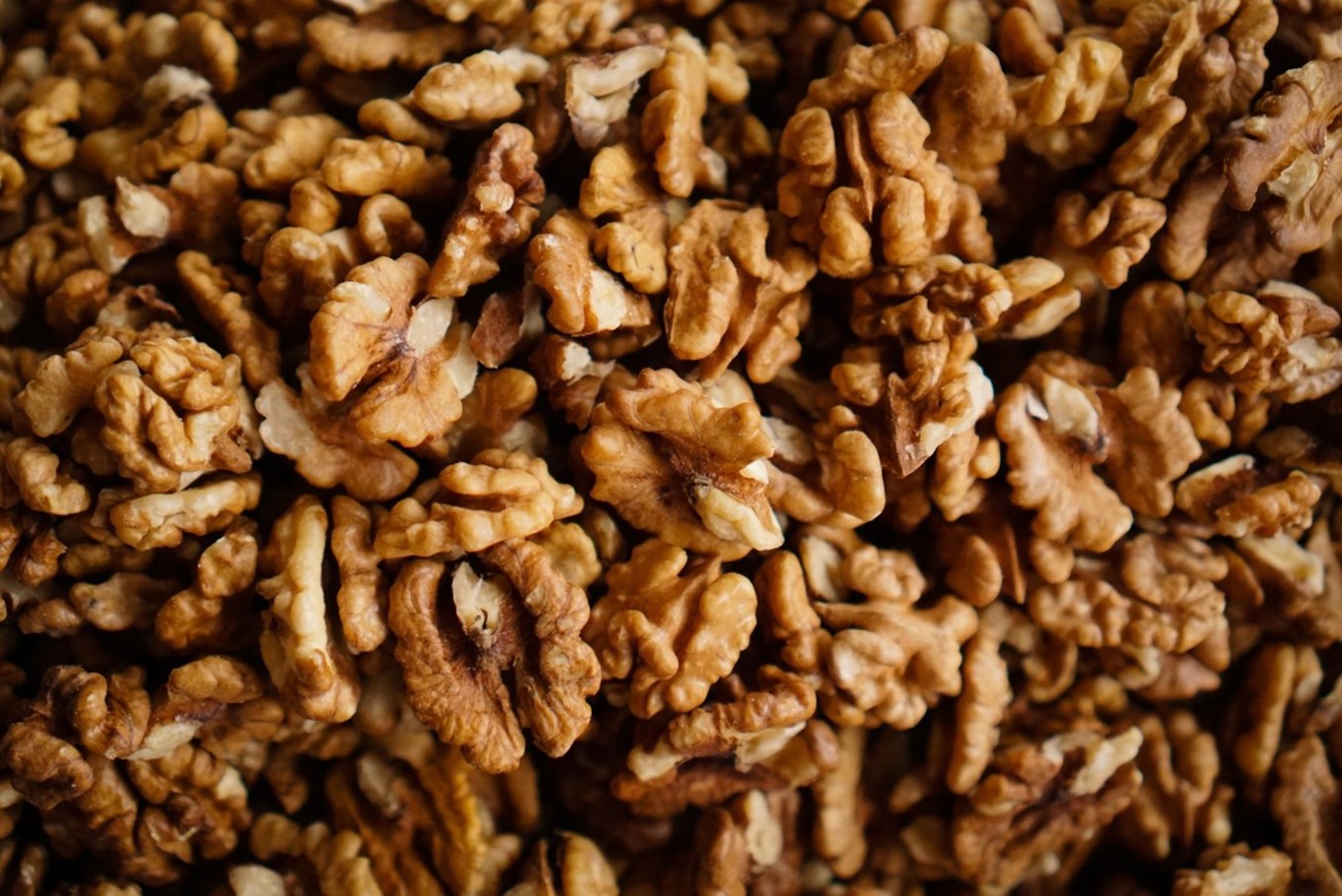Eating these foods daily may reduce risk of all causes of dementia
15/01/2025

Neurologists have long said a healthy lifestyle is key to brain health, and diet is an important part.
Now, research led by Bruno Bizzozero-Peroni, from the Health and Social Research Center, Universidad de Castilla-La Mancha, Cuenca, Spain, shows a daily handful of nuts is associated with a lower risk of all-cause dementia in adults.
Researchers assessed data from the UK Biobank, a huge health database and selected 50,386 participants who were between 40 and 70 years old, and looked at their nut consumption (as well as several other factors).
In short, the researchers found that people with a regular nut intake had a 12% lower risk of dementia – even after accounting for those other factors, like age, sex, education, lifestyle and more. Additionally, they found that women, older adults, non-smokers and individuals who engaged in other health-promoting behaviours seemed to benefit most from eating nuts regularly.
Why are nuts so good
“Nuts are known to contain high levels of healthy fats, antioxidants, fibre and anti-inflammatory compounds, which can support brain health and reduce inflammation and oxidative stress,” said Dr David Perlmutter, MD, a board-certified neurologist.
“In addition, nut consumption is known to have a positive effect on the gut microbiome, and this influences brain health as well.”
He explains that these factors may prevent neurodegeneration, promote better cognitive performance, and improve both cardiovascular and metabolic health - the latter which are crucial for reducing dementia risk.
Aren’t all nuts the same? No.
Walnuts: Rich in omega-3 fatty acids, which are beneficial for brain health (though walnuts are not ideal for people with kidney disease). Some neurologists praise walnuts as the best of the bunch and snack on them daily to protect their own brain health.
Almonds and hazelnuts: Both hazelnuts and almonds have high levels of vitamin E, an antioxidant to protect brain cells.
Pistachios, pecans and cashews: Cashews, pecans and pistachios all have various antioxidants and nutrients to support metabolic and cognitive functions.
“Overall, a variety of nuts may be most beneficial for a balanced intake of nutrients,” Dr Perlmutter said.
The caveats
The study recommends unsalted nuts in particular (like almonds and cashews) for an extra brain boost.
Dr Perlmutter recommended eating a small handful of nuts daily as nuts are calorie dense.
“Beyond the amount of nuts you eat, it's important to consider that regular, daily consumption appears to be more beneficial for long-term brain and heart health,” he added.














